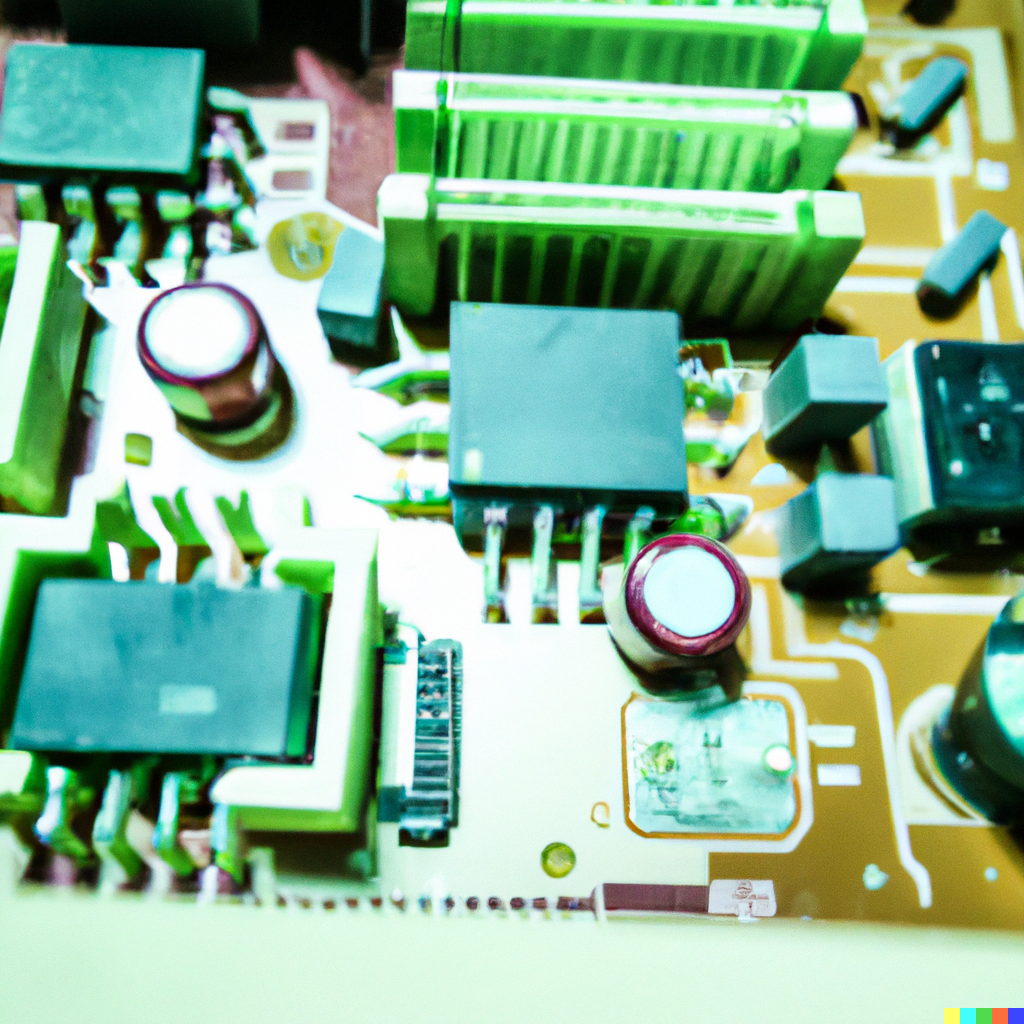March 03 | ElecTech

The field of electronics technology (ElecTech) is evolving at a breakneck pace, shaping industries and daily lives through continuous advancements. From artificial intelligence to quantum computing, the future of ElecTech holds exciting possibilities. In this article, we explore key trends and innovations defining the future of electronics technology.
Artificial intelligence (AI) and machine learning (ML) are revolutionizing the electronics sector by enabling smarter, more efficient devices. AI-powered systems enhance automation in manufacturing, optimize energy consumption in smart devices, and improve user experiences in consumer electronics. AI-driven predictive maintenance in industrial settings also reduces downtime and operational costs.
Quantum computing represents a paradigm shift in electronics. Unlike classical computers that use binary bits (0s and 1s), quantum computers leverage quantum bits (qubits) to perform complex calculations exponentially faster. Companies like IBM, Google, and Intel are actively developing quantum processors, promising breakthroughs in cryptography, drug discovery, and large-scale simulations.
The Internet of Things (IoT) continues to expand, connecting billions of devices to create smarter homes, cities, and industries. IoT-enabled sensors and actuators are transforming sectors like healthcare, agriculture, and transportation by providing real-time data insights. The advancement of 5G networks further accelerates IoT adoption, allowing for faster, low-latency communication.
Wearable electronics, such as smartwatches, fitness trackers, and smart glasses, are growing in popularity. Innovations in flexible and stretchable electronics enable new applications, including electronic skin (e-skin) that monitors health metrics and smart textiles that integrate sensors into clothing. These advancements have significant implications for healthcare, sports, and fashion industries.
As environmental concerns rise, the electronics industry is focusing on sustainability. Researchers are developing energy-efficient chips, biodegradable circuit boards, and recyclable electronic components. Solar-powered and self-charging devices are also gaining traction, reducing reliance on traditional batteries and minimizing electronic waste.
Semiconductors are at the heart of modern electronics. Cutting-edge innovations, such as 3D transistors, gallium nitride (GaN) semiconductors, and silicon carbide (SiC) materials, improve processing power and energy efficiency. Chip manufacturers are also exploring alternative materials beyond silicon to push the boundaries of Moore’s Law.
5G technology is transforming communication and data transfer speeds, enabling ultra-fast, low-latency connections essential for autonomous vehicles, smart cities, and immersive AR/VR experiences. Researchers are already working on 6G, which promises even higher speeds, intelligent network management, and seamless connectivity across devices.
AR and VR technologies are advancing rapidly, impacting industries such as gaming, education, healthcare, and remote collaboration. From immersive training simulations to AR-powered retail experiences, these technologies enhance human-computer interaction and open new avenues for innovation.
Electronics technology is at the forefront of innovation, driving advancements across multiple industries. As AI, quantum computing, IoT, and sustainable practices continue to evolve, the future of ElecTech looks promising. Businesses and individuals must stay informed and adapt to these trends to harness the full potential of emerging technologies.
Stay tuned for more updates on the latest breakthroughs in electronics technology!
SHARE THIS:
© Copyright 2026Global Tech AwardsAll Rights Reserved